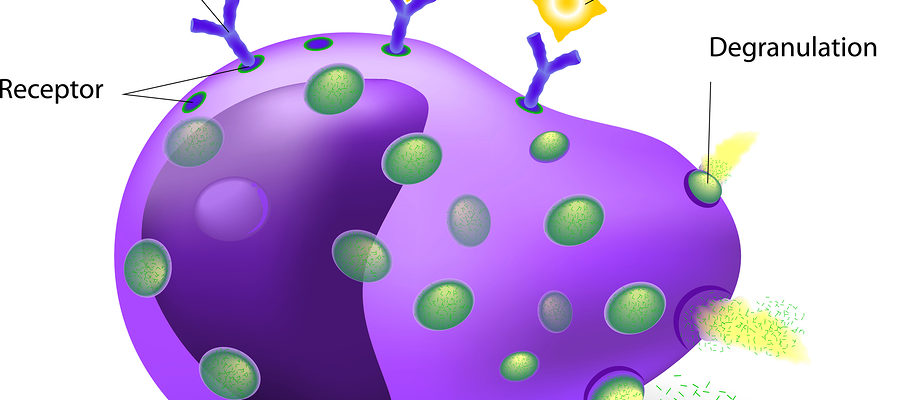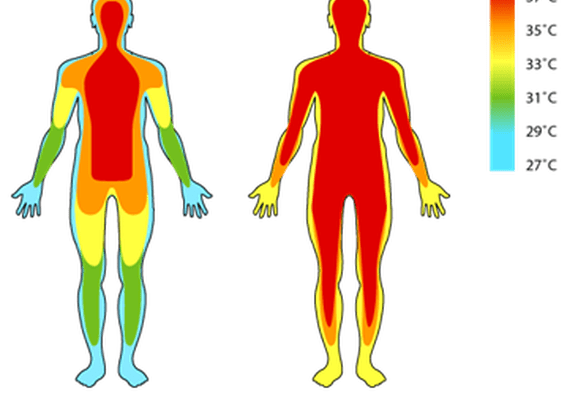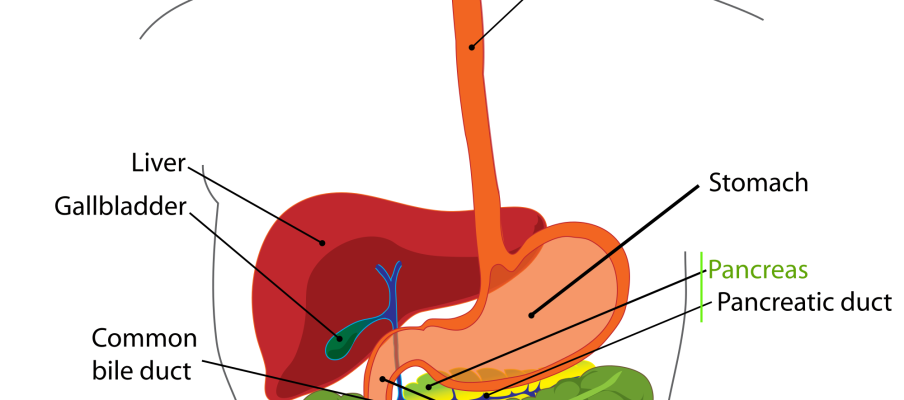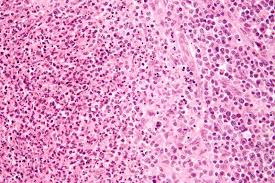Leaky gut is a condition common in the American culture because of the food choices we make. Digestive issues, food sensitivities, sugar cravings, weight gain, brain fog, mood savings, fatigue, headaches, skin issues, yeast infections, bloating, constipation and urinary tract infections can all result from a leaky gut. Typically, it is characterized by a damaged … Read More “Leaky Gut” »
Category: Conditions Caused by Tick-borne Illness
A blog category for conditions caused by tick-borne illness. Diseases are carried by ticks that are infected with bacteria, viruses, or parasites.
Mast Cell Activation Syndrome (MCAS) Mast cells are specialized immune system cells found in nearly all tissue types of the body. They are part of the allergic immune response and release chemical messengers such as histamine, interleukins, prostaglandins, cytokines, and chemokines. These chemical messengers and histamine, in particular, produce both local and systemic inflammation and … Read More “Mast Cell Activation Syndrome” »
Dr. Marra’s Philosophy In the last two decades, the United States, Canada, Australia, Europe, and other areas of the world, have experienced a rapid emergence of zoonotic diseases at an alarming rate. Multiple factors including global climate change, escalating deer and grey squirrel populations, human urban development encroachment on feral animal habitats, pollution, excessive EMF … Read More “Dr. Marra’s Philosophy” »
Many patients who suffer from chronic Lyme Disease and coinfections or chronic complex illness, also suffer from a low core body temperature (less than 97.0 degrees F). Sometimes this cold body temperature is due to hypothyroidism, which is relatively easy to diagnose with blood tests and a thermometer, an easily treated with some combination of … Read More “Low Core Body Temperature” »
Small Intestinal Bacterial Overgrowth (SIBO) is a condition characterized by nausea, bloating, vomiting, diarrhea, weight loss, motility issues, and malabsorption of food. It is very commonly observed in patients with tick-borne illness, whose gut microbiome is extremely out of balance and diseased. This should come as no surprise since Borrelia species have a particular affinity … Read More “Small Intestinal Bacterial Overgrowth” »
Chronic fatigue syndrome (CFS) is a late 20th-century buzzword used to convey a constellation of symptoms that patients experience, but it is a not formal diagnosis. Extreme exhaustion, poor stamina coupled with difficulty concentrating, and poor memory render patients nearly completely disabled. Additionally, CFS may be accompanied by flu-like symptoms, joint and muscle aches, unrefreshing … Read More “Chronic Fatigue Syndrome” »
Alzheimer’s disease is a neurodegenerative disease that may have genetic (APOE4) and environmental influences on its manifestation in 60-70% of cases. The loss of cognitive function generally starts slowly and progressively gets worse with time and age. The disease is characterized by the development of amyloid plaques in the brain, neurofibrillary tangles, and neuronal degradation … Read More “Alzheimer’s Disease” »
Morgellons disease is an uncommon, poorly understood manifestation of Lime D2 and Bartonella that is characterized by small fibers and particles emerging from the skin that are often colored (i.e. red, green, blue.) Patients are traditionally diagnosed with delusion parasitosis, however when they find a Lyme literate doctor who does the appropriate lab testing, frequently … Read More “What is Morgellons Disease?” »
The brain is encased in a membrane called, the blood-brain barrier (BBB), which helps keep certain molecules and toxins from affecting the brain. However, chronic infection and inflammation increase the semi-permeable membranes flood gates, so that unwanted molecules can enter the brain leading to a leaky brain. A leaky brain blood-brain barrier allows toxins such … Read More “What is Leaky Brain?” »
There are many neurological manifestations of tick-borne illness. Spirochetes, the bacteria that causes Lyme Disease, have a particular affinity for the brain because they feed on the fats located in the myelin sheath, as well as sugars. These substances are found in abundance in brain tissue, and therefore, it should come as no surprise, that … Read More “Neurological Manifestations of Tick-Borne Illness” »










